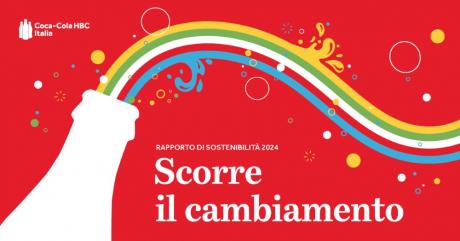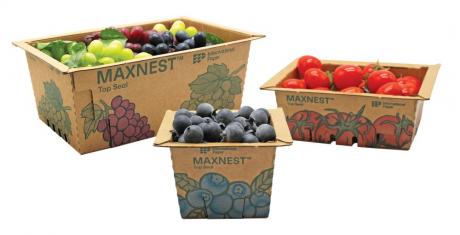The achievement of sustainability goals inevitably passes through actions to revise and rethink packaging: elimination of overpackaging, lighter packaging, replacement or elimination of virgin plastic, recycling and recovery, and reduction of emissions are the main initiatives activated in the wake of studies aimed at assessing the sustainability of the packaging used.
This is what emerges from the fourth edition of the FMCG Packaging Observatory conducted by Nomisma.
With a focus on economic sectors, the agri-food industry does not escape the chessboard of responsibility for the ongoing climate crisis, so much so that it is considered by Italians as the fourth most responsible sector for climate change, behind the energy industry, air transport and road transport.
In this context, the tipping point is, therefore, the assessment of the real contribution that the food system and the packaging industry can make to achieving the climate neutrality and environmental, social and economic sustainability goals set by the European Green Deal and the UN 2030 Agenda, but also to addressing the urgent and unpostponable challenges to be in line with the ESG goals.
Sustainable patterns of production and consumption
The Packaging Observatory surveys show that product preservation is considered the tool that can reduce food waste and lengthen the shelf life of food products (for 66% of respondents), ahead of the ability to protect the organoleptic properties of products (60%) and the contribution in defining product sustainability (47%). Compared to the objective of reducing the waste generated by product packaging and increasing the amount of recycled packaging, the most sought-after characteristics are the absence of overpackaging (for 58% of respondents), total recyclability (56%), the presence of reduced quantities of plastic (47%), low CO2 emissions (46%) and the use of recycled material (45%).
The Observatory was also an opportunity to take an in-depth look at the commitment of companies in the food industry and retail brands operating in Italy. In this regard, during the summer months Nomisma conducted an Expert Consultation activity involving 6 companies: Caviro, Coop, Fruttagel, Granarolo, Sammontana and Lidl.
For all companies, ESG aspects were central to their corporate commitments and investment choices.
The main reasons for investing in sustainability are conformity with the company's values, strategic business relevance but also the need to comply with the regulatory framework.
Packaging tops the list of sustainability actions for both primary and secondary packaging. The most frequently mentioned actions were the reduction of materials used in packaging for the same product and the replacement of plastic materials in packaging.
A commitment to the recovery and reuse of packaging and the use of materials with a lower environmental impact was noted in all the companies surveyed.
For the managers interviewed, those relating to the sustainability characteristics of packaging must be objective and measurable choices, taken only after scientific studies and evaluations of the packaging's actual impact on the environment: 3 out of 6 companies rely on LCA studies, 1 on water footprint assessments, but there are also those who conduct specific analyses on individual products and their packaging or those who carry out a targeted selection of suppliers.
Specifically, reduction of CO2 emissions, recyclability of materials and use of recycled materials are the main criteria against which the company assesses the sustainability of its packaging.
The focus on sustainability does not stop within the company but reaches stakeholders and consumers through communication that sees the integration of traditional channels (label, banners, advertising campaigns), digital channels (social accounts and the company website) and the sustainability report.
Valorising the actions carried out by companies in terms of environmental protection thus becomes not only a tool for sharing values and brand positioning, but also a means of information and education, through which to transmit to consumers the knowledge useful for assessing how the choice of purchasing a product or as an alternative to another can generate a different impact on the environment.
According to the Nomisma survey, information on disposal and recycling, material reduction and sustainability of energy sources and raw materials used are the main topics to be communicated to the consumer, mainly using labels and the company's social channels.









